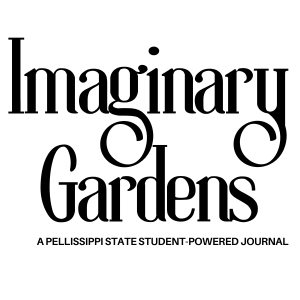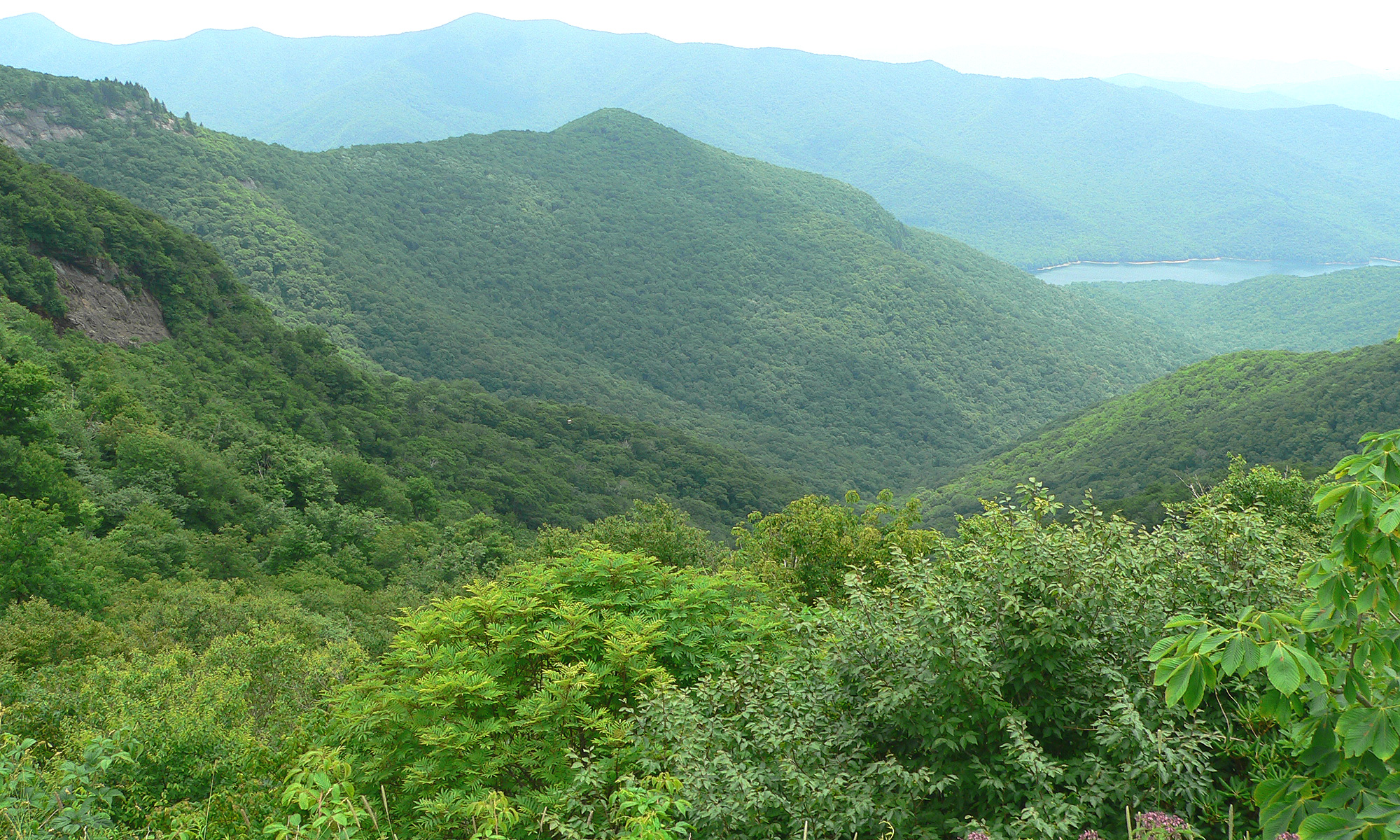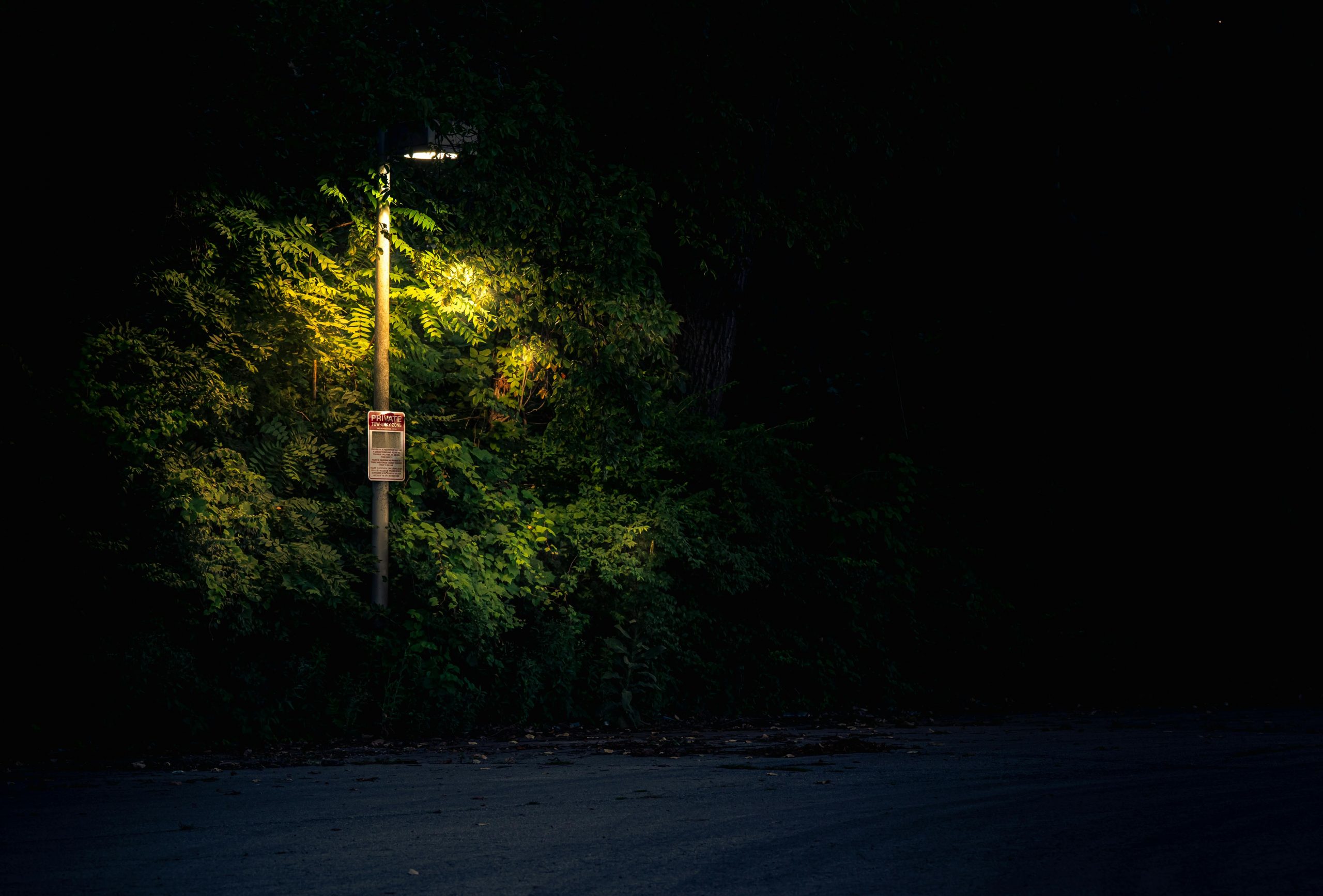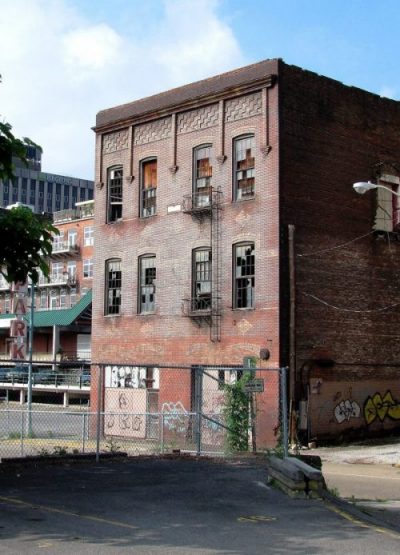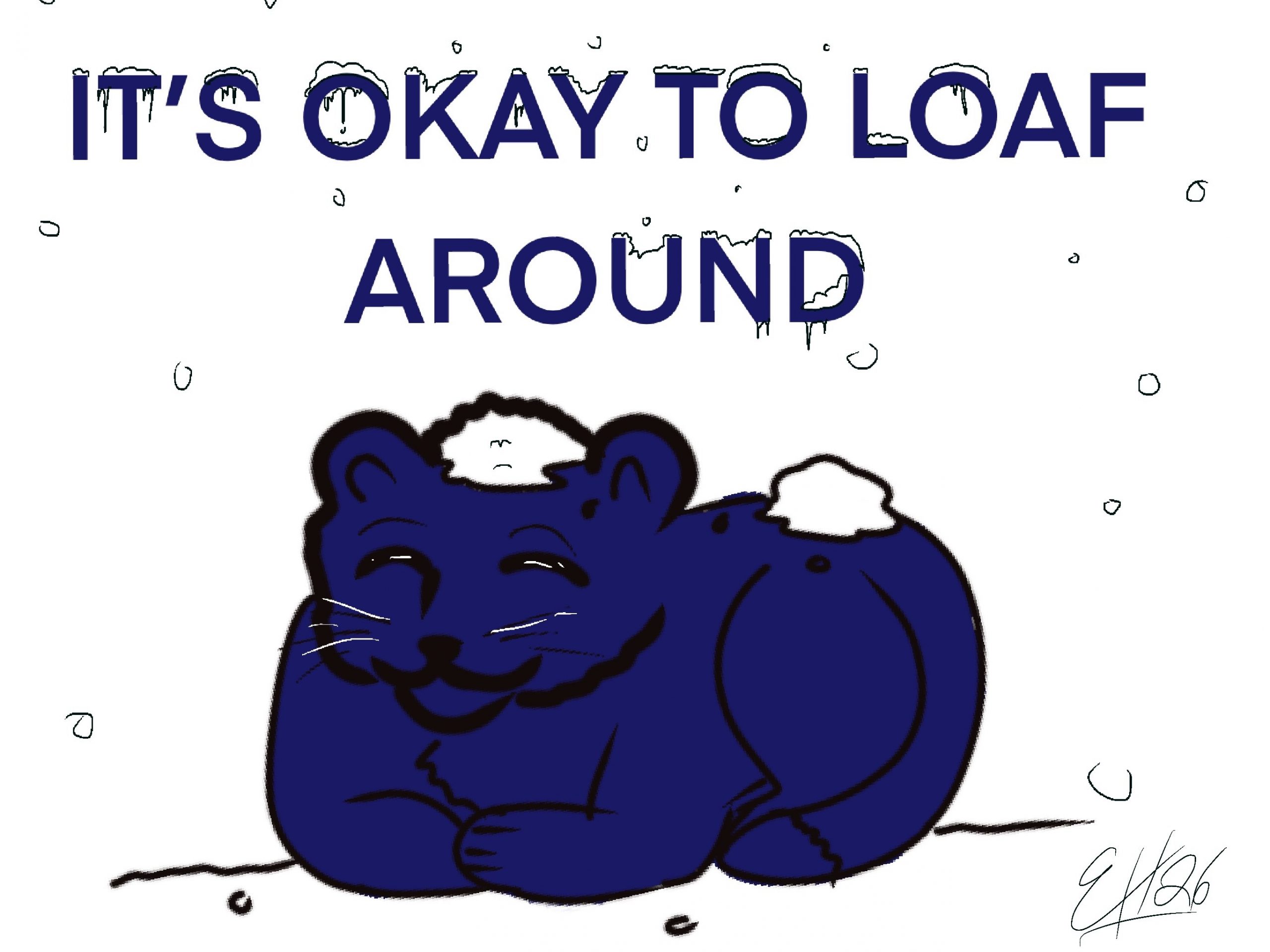By Grace Kelly Phillips, Special to the Journal
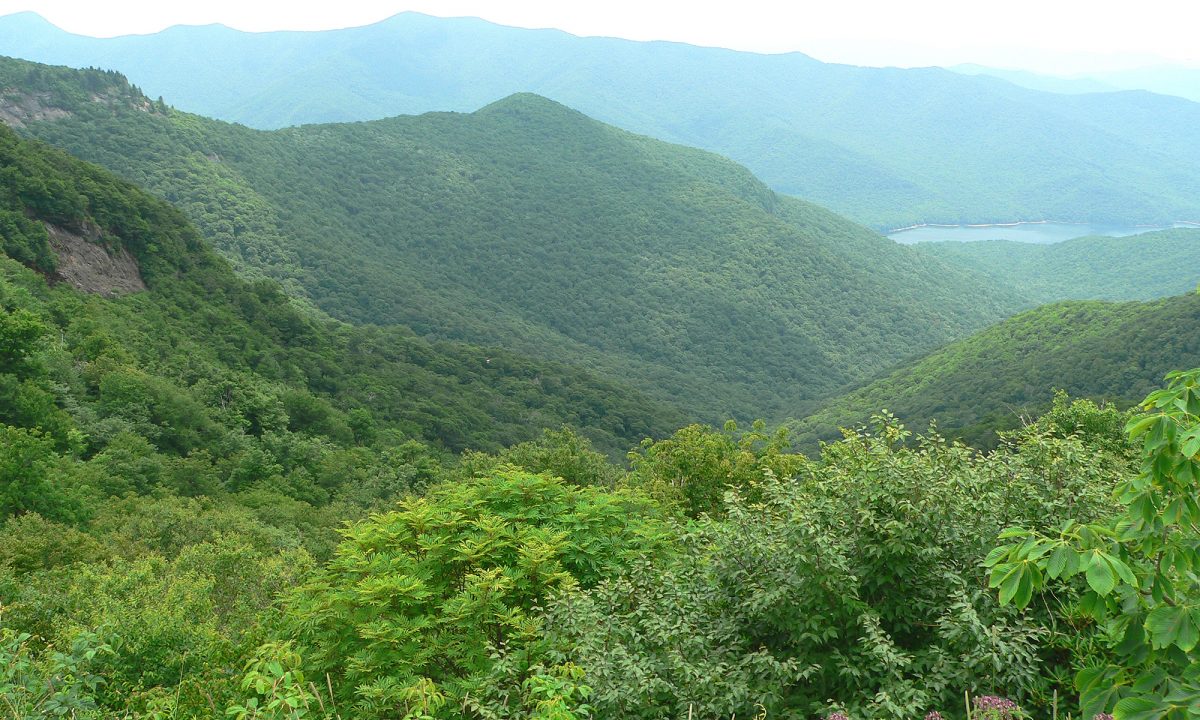
Hillbillies. People of the Mountains. Rednecks. Mountain Folk. These are the names that many Appalachian people are called in modern times. But what makes a person Appalachian? The Appalachian Mountain range is what makes an Appalachian American, Appalachian. Growing up in the specific culture of this mountain range that spans from New York to Alabama is what sets us apart from the rest of the American people.
Throughout the 1900s and the early 2000s, stereotypes and depictions of my culture have been made in media of all kinds. These portrayals lead to stereotypes of Appalachian people being ignorant, lower class, and hateful, which leads to assumptions that harm people’s views on my culture as a whole.
I want to break these stereotypes and assumptions, and inform others about my culture. Presumptions made on the Appalachian culture are unjust and cause misinformation to be spread about who I am as a person. They give those from the Appalachian region an unfair prejudice placed on them due to ignorance and an unwillingness to educate themselves properly.
Many people today who live in this mountainous region often do not refer to themselves as Appalachian, but simply just that they are American Southerners to make explaining their heritage easier. Many identities within America’s South exist, but people often lump Appalachians like me into the melting pot of Southerners, despite the fact that doing so is like calling people from Missouri, Southerners, when in reality they are the Midwest; therefore, Midwesterners. It creates an environment within society that causes people not to want to be proud of where they came from because people use negative judgment to base an opinion on them.
The threat of stereotype then arises, as people fear that they might confirm the negative stereotypes they are attributed to. Stereotyping of any kind can be harmful, but what is most harmful to Appalachians is when social media and society reinforces stereotypes such as Appalachians being “Hillbillies”, “Low-Income”, “Farmers”, and “Country Bumpkins”. Such negativity causes people like me to be ashamed of how we come across to others because we have to choose between being ourselves or being how society around us expects us to be socially, emotionally, etc. To identify as Appalachian in modern America is to be a person who faces negativity on how they grew up, despite who they really are as a person.
Appalachians also tend to be seen as close-minded individuals who are not of the mindset to be subjected to change. This includes stereotypes of us being homophobic, assuming that we have a burning hatred for LGBTQIA+ people and that everyone across the mountain range is a Christian. In reality, many people like me do not hate people within that group, nor do we fall into Christianity.
Many people hold onto the assumption that this part of the Bible Belt is just like the rest, believing that no one Appalachian differs from each other in terms of beliefs/morals. To state that all Appalachians are hardcore Christians would be false; there are people like me, a Celtic Pagan, who was born and raised in East Tennessee. Christian ideologies shape most of this mountain range society, but with improvements in mental health towards the LGBTQA+ and growth of other religions, many stereotypes of my home tend to be outdated.
To break these stereotypes and assumptions and inform others about my culture will always be my goal. Misinformation and harmful stereotypes have spread through the decades about who I, and many others, are as a people, and are believed out of either hatred, ignorance, or both. Today, I have a chance to make a change with my advocacy, breaking down the negatives of my heritage, and to give Appalachians like myself hope for change and improvement in the future of other’s perspectives on our culture. I am proud to be Appalachian, even with the negativity and hatred towards where I come from.
